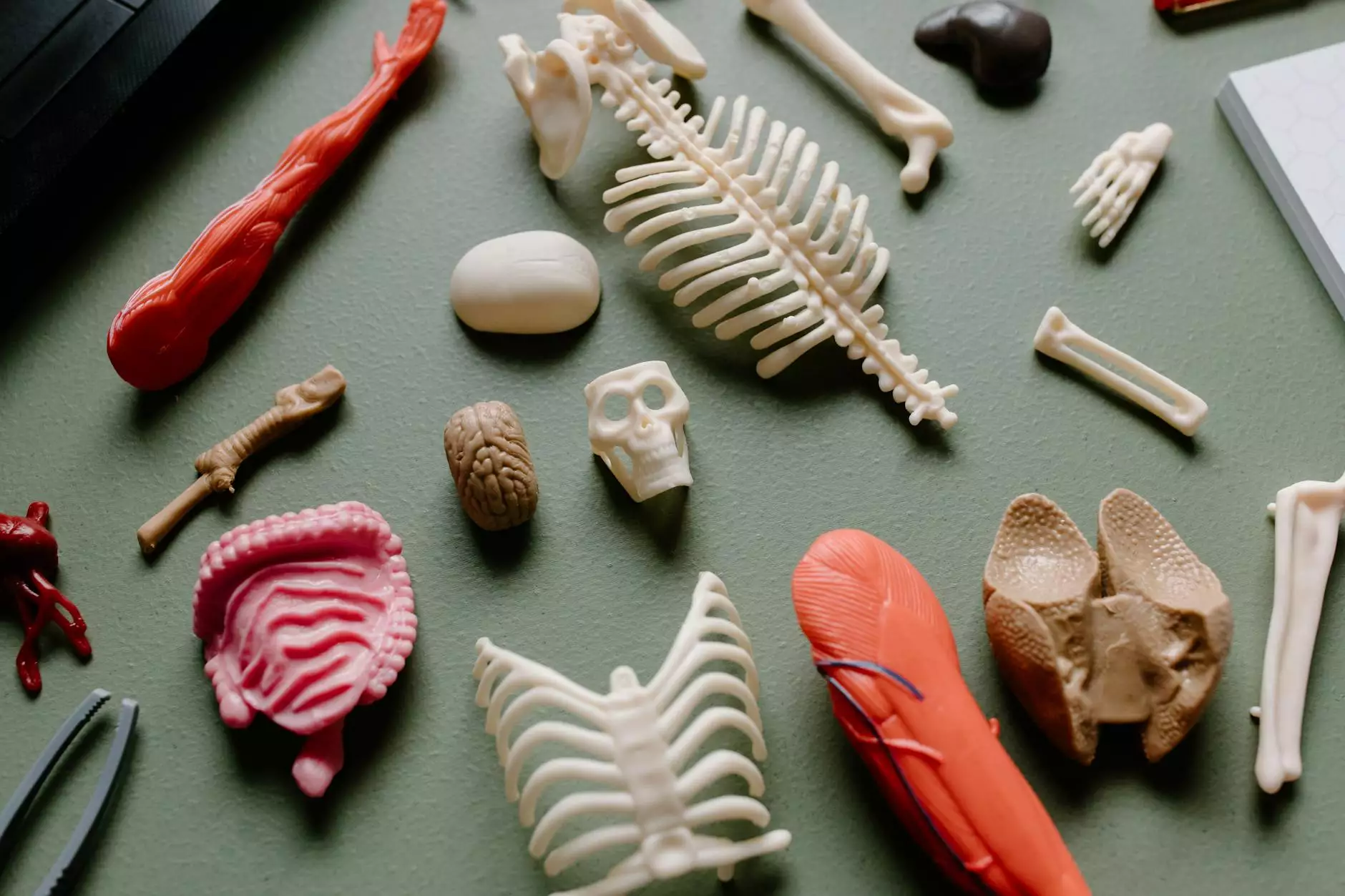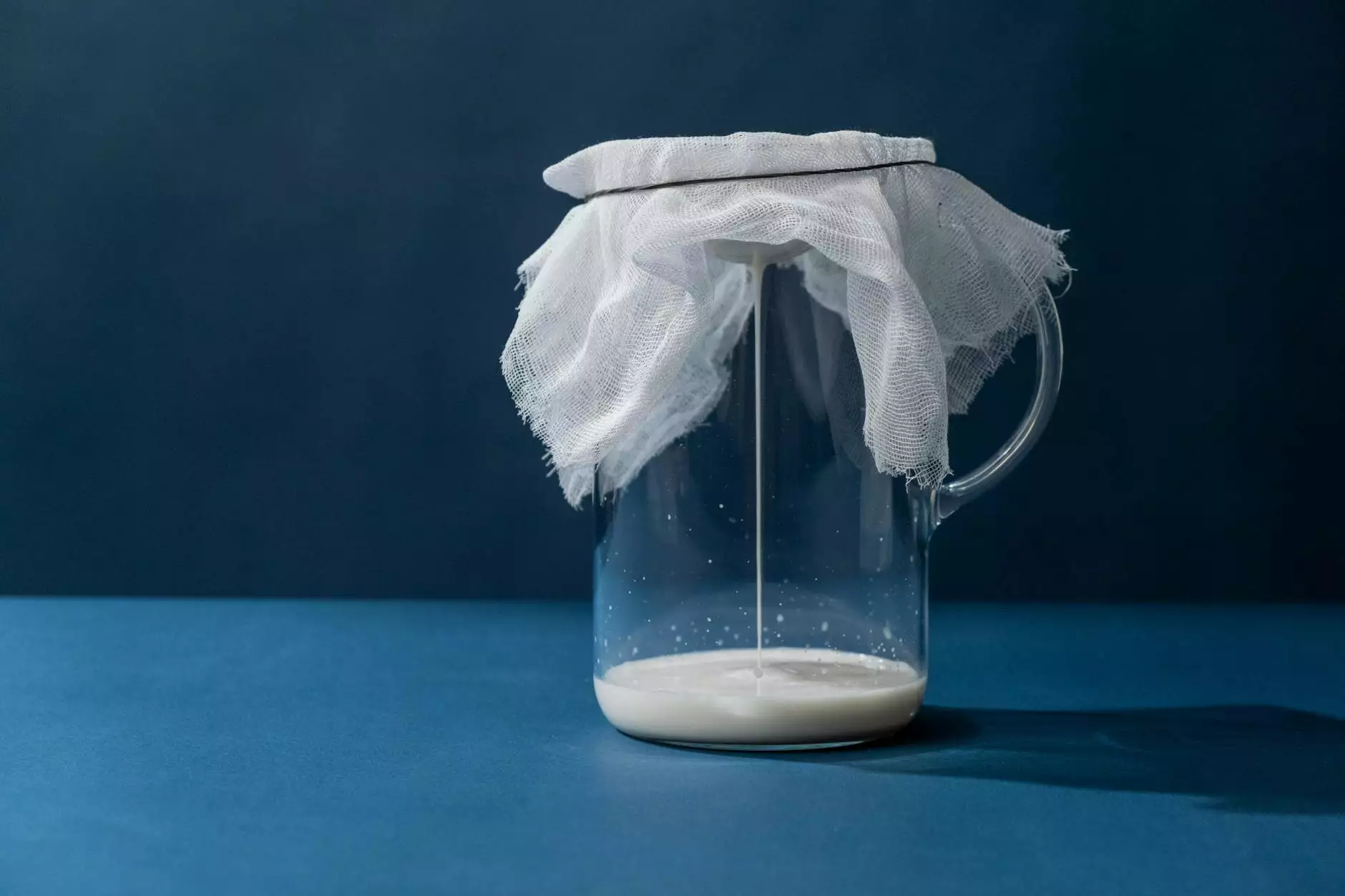Understanding High Cholesterol Treatments: A Comprehensive Guide

High cholesterol is a common health concern that many individuals face today. It is crucial to recognize that cholesterol itself is not inherently bad; it is a waxy substance produced by the liver and found in certain foods that your body needs to build healthy cells. However, when cholesterol levels become too high, it can lead to serious health issues such as heart disease and stroke. Therefore, finding effective high cholesterol treatments is vital for maintaining overall health.
The Importance of Managing Cholesterol
Managing your cholesterol levels is essential for reducing the risk of cardiovascular diseases. The cholesterol in your body can be divided into two types:
- Low-Density Lipoprotein (LDL): Often referred to as "bad" cholesterol, high levels of LDL can lead to plaque buildup in your arteries, increasing the risk of heart attack and stroke.
- High-Density Lipoprotein (HDL): Known as "good" cholesterol, HDL helps remove LDL cholesterol from the bloodstream. It's important to maintain higher levels of HDL for better heart health.
Common Causes of High Cholesterol
Various factors can contribute to high cholesterol levels. Understanding these causes can help in the prevention and management of the condition. Some common causes include:
- Poor Diet: Diets high in saturated fats, trans fats, and cholesterol can elevate LDL levels.
- Obesity: Excess body weight can significantly affect cholesterol levels.
- Physical Inactivity: Regular physical activity helps raise HDL cholesterol while lowering LDL cholesterol.
- Smoking: Cigarette smoking decreases HDL cholesterol levels.
- Genetics: Family history can play a significant role in the development of high cholesterol.
Symptoms of High Cholesterol
Interestingly, high cholesterol typically doesn’t present clear symptoms. Most individuals are unaware that their cholesterol levels are elevated until a blood test reveals the condition. However, some signs could indicate a significant health issue related to cholesterol, such as:
- Chest Pain: A symptom of heart disease due to blocked arteries.
- Fatty Deposits: These may appear as yellowish patches around the eyes or elsewhere on the body.
- Heart Attack or Stroke: These serious events can occur as a result of unmanaged high cholesterol.
Effective High Cholesterol Treatments
When it comes to treating high cholesterol, there is no one-size-fits-all solution. Treatments typically involve a combination of lifestyle changes, medication, and regular monitoring. Below are some effective treatment options:
Lifestyle Changes
Making healthy lifestyle changes can have a significant impact on cholesterol levels and overall health. Consider the following:
- Dietary Adjustments: Adopt a heart-healthy diet high in fruits, vegetables, whole grains, and healthy fats such as those found in fish, nuts, and olive oil. Limit intake of saturated fats found in red meat and full-fat dairy products.
- Regular Exercise: Aim for at least 150 minutes of moderate exercise each week. Activities like walking, cycling, and swimming are excellent for improving heart health.
- Weight Management: Losing even a small amount of weight can help lower LDL levels and overall cholesterol.
- Quitting Smoking: Stopping smoking can improve HDL cholesterol levels and benefit heart health.
Medications
If lifestyle changes alone are not sufficient to manage high cholesterol levels, your doctor may prescribe medication. Commonly used cholesterol-lowering medications include:
- Statins: These are the most commonly prescribed medications for lowering LDL cholesterol. They work by inhibiting a substance your body needs to make cholesterol.
- Bile-Acid Sequestrants: These medications help remove cholesterol from the bloodstream by binding to bile acids in the intestine.
- Cholesterol Absorption Inhibitors: These drugs lower cholesterol by decreasing the amount of cholesterol absorbed from food.
- PCSK9 Inhibitors: A newer class of medications that can dramatically lower LDL cholesterol levels by enhancing the liver’s ability to remove cholesterol from the blood.
Natural Remedies for High Cholesterol
Some individuals may wish to explore natural remedies in addition to conventional treatments. Natural strategies might include:
- Increasing Soluble Fiber: Foods like oats, beans, lentils, and fruits can help lower LDL cholesterol.
- Omega-3 Fatty Acids: Found in fatty fish like salmon and mackerel, omega-3s can contribute to heart health.
- Plant Sterols and Stanols: These substances can block the absorption of cholesterol and are often added to margarines and orange juice.
- Green Tea: Some studies suggest that regular consumption of green tea may help lower cholesterol levels.
The Role of Regular Check-ups
Regular medical check-ups are essential in managing cholesterol levels. Individuals should undergo cholesterol screening at least once every four to six years, or more frequently if they have risk factors for heart disease. Monitoring allows for early detection and timely management of high cholesterol, preventing complications down the line.
Conclusion
In summary, high cholesterol treatments encompass a variety of approaches, including lifestyle modifications, medications, and possibly natural remedies. Each person's situation is unique, requiring a tailored approach to effectively manage cholesterol levels. By making informed choices regarding diet, exercise, and medical care, individuals can take significant steps towards improving their cholesterol profile and overall cardiovascular health.
Staying proactive about your health is crucial. If you suspect that you may have high cholesterol, or if you have received a diagnosis, it’s important to consult with healthcare professionals to determine the best course of action for your health. Regular assessments, a healthy lifestyle, and appropriate treatments can make a tremendous difference in managing cholesterol levels effectively.
Additional Resources
For more information, consider consulting the following resources:
- American Heart Association - Provides numerous resources on heart health, cholesterol, and lifestyle management.
- Centers for Disease Control and Prevention (CDC) - A valuable source of information on cholesterol management and health guidelines.
- National Heart, Lung, and Blood Institute - Offers comprehensive information about heart diseases, including high cholesterol.
© 2023 Pharmacy Store - All Rights Reserved.









